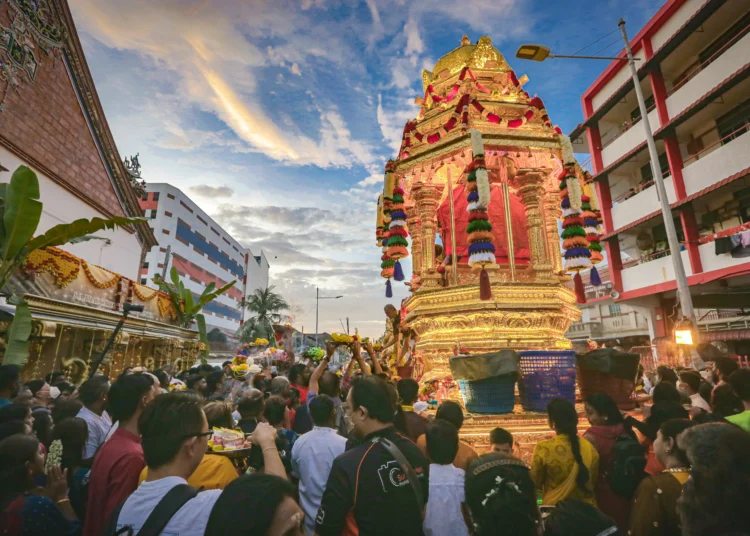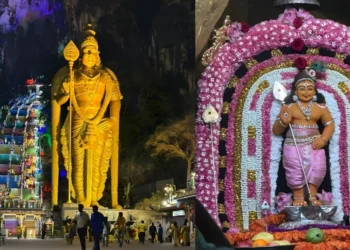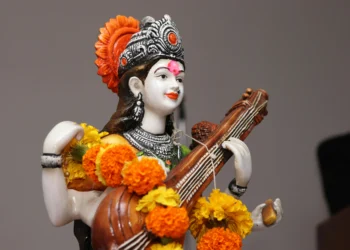Boy sees a pretty (read: fair skinned) girl. Boy falls in love with girl. Girl doesn’t like boy at first. Boy starts pursuing girl. He appears to float on the clouds as he catches a whiff of her dupatta flying in the wind. Cue duet. He follows her on his motorcycle, watches her every move. He makes suggestive gestures and comments on her physical appearance. She doesn’t like it, she pushes him away fights him, glares at him and says NO. He, however, is relentless. Girl eventually falls in love with boy, thanks to his persistence.
This is a typical story arc in a Tamil movie, eagerly lapped up by the Tamil society. Why is this a problem, one may ask? This formula has worked for so long, why not keep it going? Well, with the advent of technology we are faced with a new conundrum. The Tamil audience taking things too far by emulating the acts in Tamil movies. More than a few girls have been murdered in Chennai, solely for the reason of rejecting their stalker’s advances. The Tamil audience are a society that is so heavily influenced by the movies they watch, that actors are made into politicians based simply on the dialogues they spew out.
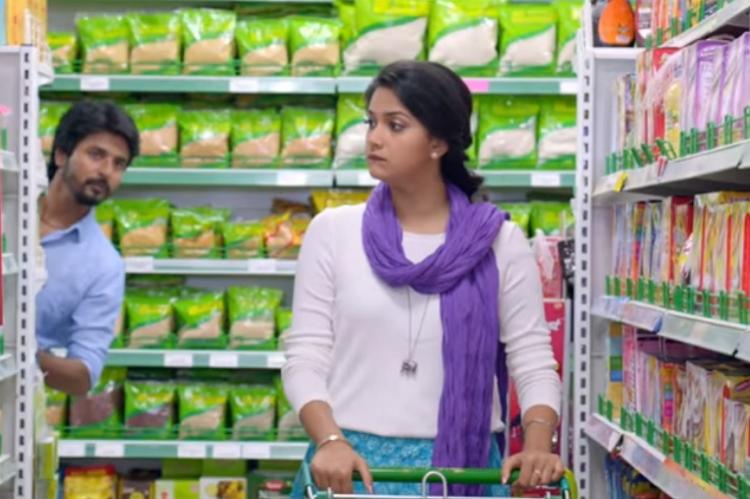
Knowing that movies play such a huge part on the average Tamil person’s psyche, are the filmmakers doing women justice by telling stories like these? Of course not! Doing women justice doesn’t rake in the big bucks, because that’s not what the audience wants. The audience want to watch heroes do their thing and win the girl’s heart, at any cost. Give the Tamil audience movies like Naachiyaar and Aruvi, meh, they’d rather watch Sivakarthikeyan’s Remo.
Consent? Appadi na?
For the longest time, in Indian society as a whole, women are viewed as objects, possessions that men rule over. Tamil movies have continuously emphasized this. The Indian society tightly controls a woman’s sexuality to the point of it being non-existent. Where then, does consent come in?
In Muthu, Rajinikanth forcefully plants a kiss on Meena after finding out she duped him into asking for a kiss from a few villagers. In Minnale, Madhavan stalks Reema Sen continuously, before he impersonates another man to win her heart. Both movies are cult classics, all-time favourites among movie goers. Both movies negate the woman’s consent, only to have the women fall for the heroes anyway. This sends out the message that women willingly participate in such acts, and that stalking and impersonating is the way to her heart.
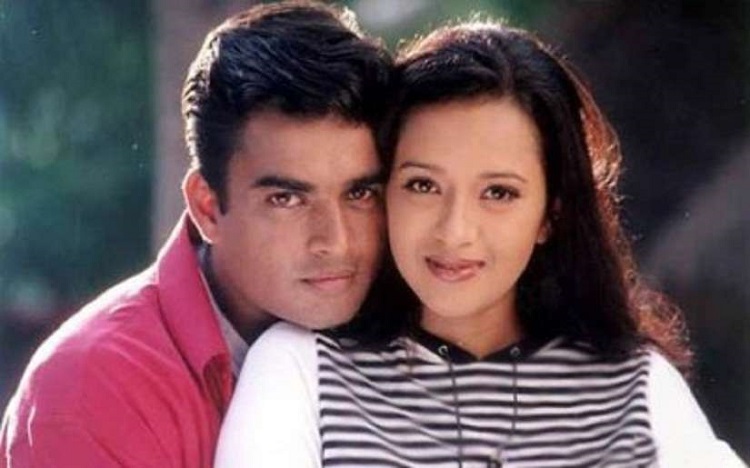
There is enough research that shows how this constant portrayal and normalization of the right over a woman who chooses to reject advances, and sometimes even passing it off as ‘romantic behaviour’ feeds into a social order that condones stalking.
How can a woman behave that way?
A large number of the Tamil movies made ask this question, sometimes subtly, which is simply a reflection of the way our warped society thinks.
In Velaikaran, Nayanthara was chided by the protagonist’s mother for having views on gender equality. “How can a woman say such things?” the lady questions. ‘Kaadhal en kaadhal‘ from Mayakkam Enna is an incredibly catchy but disturbing song that suggests men ‘beat her, kick her and leave her, because we don’t need her,’

Women who are saree clad are always the good ones, and those wearing crop tops deserve whatever’s coming to them.
Women are empowered to be damsels in distress
How do you empower a group of people? By setting an example. There is no dearth of examples for men when it comes to Tamil movies. Men have been portrayed in every career imaginable, even an astronaut.
What about women? Sure, there are a few movies that depict strong, independent women who excel in their field. But it is disheartening when these women succumb to patriarchal ideas and end up as housewives, as Amala Paul did in Thalaivaa. How are women supposed to be empowered when filmmakers continue to portray them as shallow, cute airheads who excel in making cute faces but not as career women or independent single mothers?
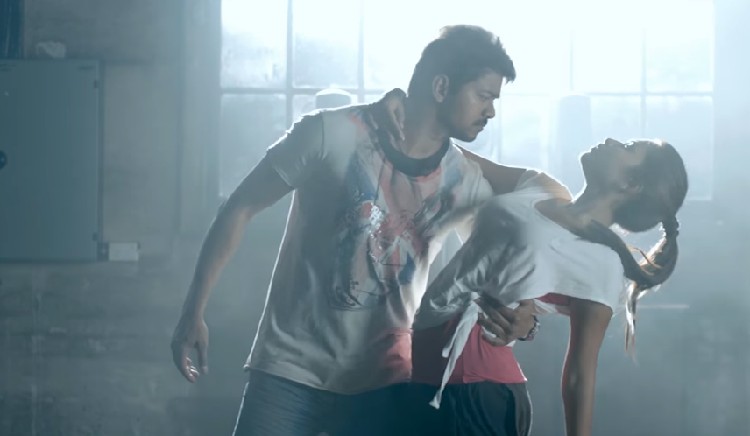
What Tamil beauty? We only want North Indian beauty.
If a foreigner were to watch a Tamil movie, he would automatically assume that Tamil women look like Hansika Motwani and Amy Jackson. Creamy, milky white skin with pink lips, coupled with a small build and long wavy hair.
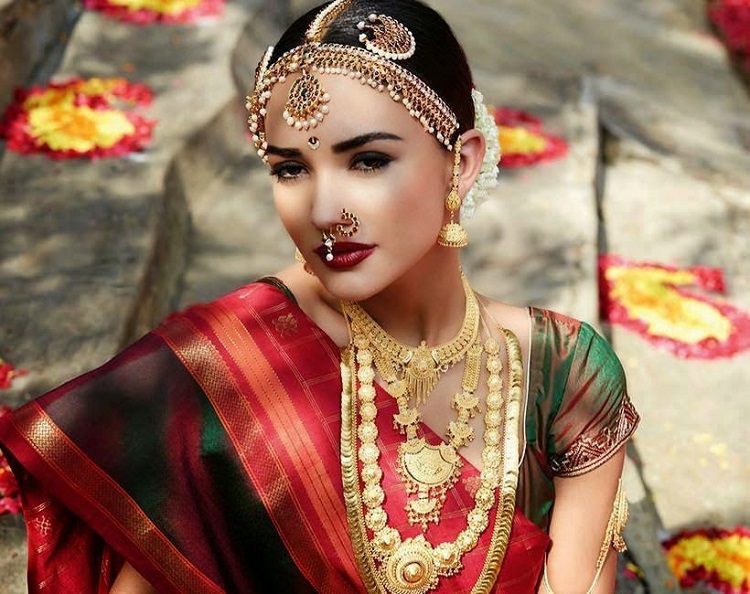
Tamil women look nothing like that! We are proudly brown, and our build ranges from moderate to broad, most of us have a medium bust and our hair is beautifully unruly, and sometimes curly. If only filmmakers would hone the diversity of beauty that Tamilnadu has to offer and not succumb to the white supremacist ways of the older generations!
It’s like that lah, what to do?
What can we, as viewers do? For a start, talk about this! The Tamil movie industry is incredibly one sided in the portrayal of women, and the best way to get the word around is by discussing it.
Secondly, and this might smart a little, it would help if we stopped supporting and glorifying movies that step on women. Filmmakers use ticket sales to gauge what kind of movies the people want to see. While this is a big step for some of us, it will pave the way to change the way women are seen by the millions of Tamil viewers.

While we are all for the industry thriving, we want good quality movies in the market. We want movies that empower everyone and press on issues of gender equality.
Follow us on Instagram, Facebook or Telegram for more updates and breaking news.


